20 Credit Card Rules Everyone Should Follow
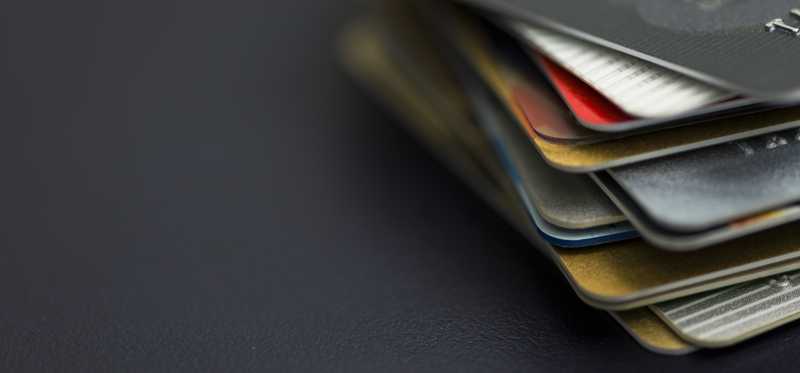
20 Credit Card Rules Everyone Should Follow
Credit cards can be a helpful tool -- as long as you follow the rules
Many people don't like credit cards or are afraid of using them because of the potential to get into debt. That is indeed a problem, as you can get into a lot of financial trouble if you use your cards the wrong way.
But credit cards actually can and should be a helpful tool. They can help you build credit, earn rewards, and take advantage of generous cardholder perks. You just need to follow these 20 simple rules to ensure cards improve your finances, rather than damaging them.
Our credit card expert uses this card, and it could earn you $1,148 (seriously)
As long as you pay them off each month, credit cards are a no-brainer for savvy Americans. They protect against fraud far better than debit cards, help raise your credit score, and can put hundreds (or thousands!) of dollars in rewards back in your pocket each year.
But with so many cards out there, you need to choose wisely. This top-rated card offers the ability to pay 0% interest on purchases until late 2021, has some of the most generous cash back rewards we’ve ever seen (up to 5%!), and somehow still sports a $0 annual fee.
That’s why our expert – who has reviewed hundreds of cards – signed up for this one personally. Click here to get free access to our expert’s top pick.
Previous
Next

1. Choose a card offering generous rewards
The ability to earn rewards for spending that you must do anyway is one of the single best features of credit cards. After all, when you make purchases, why not get a percentage of the money back (ether directly with a cash back card or through points or miles)?
There are tons of different rewards credit cards out there, so compare offers and find one that's willing to generously pay you for the spending you're doing.
Previous
Next

2. Make sure the rewards are well matched to your spending
Card rewards programs are generally structured so you're rewarded more generously for certain types of purchases than others. For example, you might get 5% back on groceries and gas but only 1% on all other purchases.
If the bulk of your spending falls within a certain category, such as travel or dining out, look for a card with a bonus program that offers extra rewards when you book trips or go to restaurants.
Previous
Next
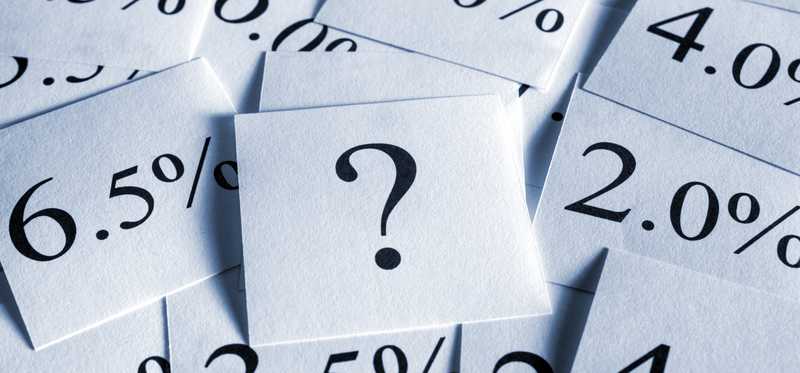
3. Know your card’s APR
Although rewards can be valuable, the amount you can earn on credit card rewards is always going to be well below the interest rate you pay if you carry a balance.
Make sure you know what your interest rate is, exactly, so you'll understand how much borrowing could cost you.
ALSO READ: Here's What a $1,000 Credit Card Balance Could Cost You in Interest
Previous
Next
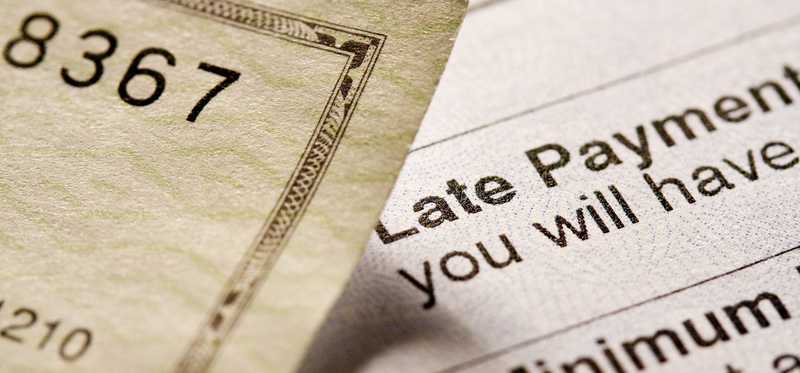
4. Always make payments on time
When you charge on your card, you'll get a credit card statement every month accounting for your purchases and letting you know the amount due. There will also be a due date for making a payment.
It's critical you pay at least the minimum amount by the due date on your statement. Otherwise, you could damage your credit and face other potential consequences such as a late fee and penalty APR.
Previous
Next
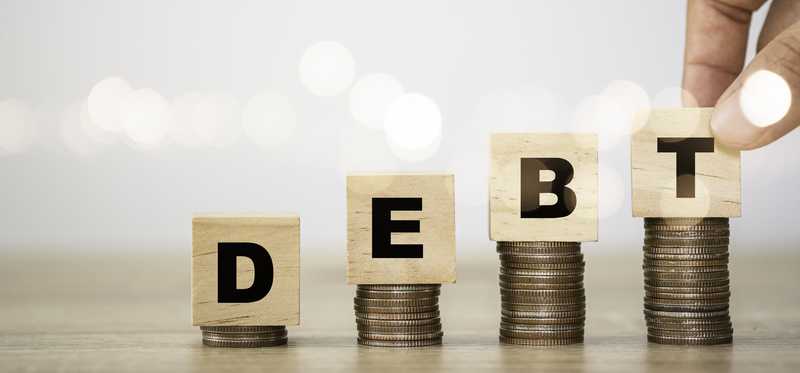
5. Aim to pay off your balance in full
If you pay off the amount you charged on your credit card by the due date when the statement comes, you won't owe any interest on purchases. But if you pay off less than the full amount due, interest starts to kick in -- and can be very expensive.
Carrying a credit card balance doesn't just make all your purchases costlier due to interest charges, either. It also makes it more difficult to live within your means in the future since you've committed some future income to paying your balance.
Try to avoid this by keeping your charges to a level you can afford to fully pay off.
Our credit card expert uses this card, and it could earn you $1,148 (seriously)
As long as you pay them off each month, credit cards are a no-brainer for savvy Americans. They protect against fraud far better than debit cards, help raise your credit score, and can put hundreds (or thousands!) of dollars in rewards back in your pocket each year.
But with so many cards out there, you need to choose wisely. This top-rated card offers the ability to pay 0% interest on purchases until late 2021, has some of the most generous cash back rewards we’ve ever seen (up to 5%!), and somehow still sports a $0 annual fee.
That’s why our expert – who has reviewed hundreds of cards – signed up for this one personally. Click here to get free access to our expert’s top pick.
Previous
Next

6. Prioritize a low interest card if you may carry a balance
While paying off your balance every month is ideal, sometimes things happen to make that impossible. If you suspect you may end up carrying a balance, a low APR should be the key feature you look for in a card -- even if that means you have to pass up one offering more generous rewards.
The higher your APR (which is the total annual cost of borrowing, including interest and fees), the more expensive your debt will be to pay off.
Previous
Next
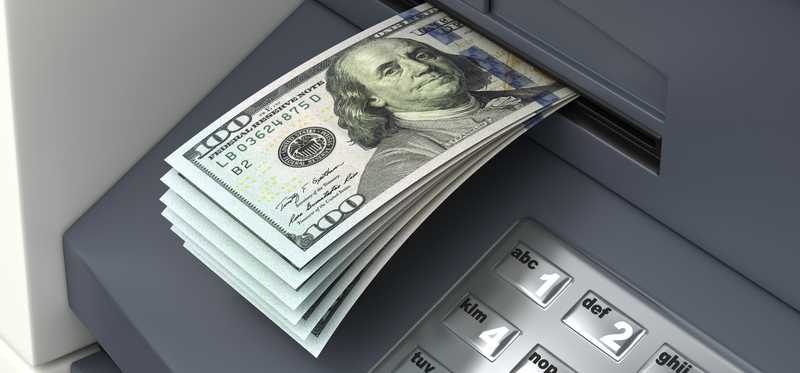
7. Don’t take cash advances from your credit card
Most credit cards allow you to take cash advances, which basically means you get cash from your credit card rather than charging purchases with it. Depending on your card, you may even be able to withdraw this money right from an ATM.
The problem is, cash advances generally come with even higher interest rates than a standard credit card balance. And there are usually high fees you must pay. Avoid this whenever possible, as cash advances are a really expensive way to borrow.
Previous
Next

8. Never exceed your credit card limit
Credit cards come with limits on the amount you can charge. For example, if you have a $5,000 credit line, the maximum balance you can carry at one time is $5,000. You can charge up to that amount, pay off some or all of the balance, and then charge more -- but you can't borrow more than $5,000 at once.
When you make a purchase that would put you over the limit, it sometimes goes through. But you'll typically face over-the-limit fees and other potential penalties is that happens. So aim to avoid it whenever possible.
Previous
Next
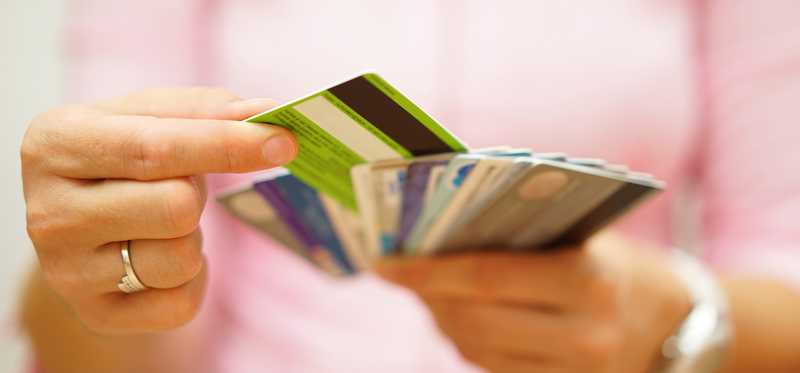
9. Avoid maxing out your credit cards
Not only should you avoid exceeding your credit card limit -- you shouldn't even get close to it. Charging up to the limit is called "maxing out your credit cards," and it can damage your finances.
See, when your credit score is calculated, credit utilization ratio is one of the key factors. That's the ratio of credit used versus credit available. If you charge $5,000 on a card with a $5,000 limit, your ratio would be 100%. To earn the best credit score, it should be below 30%!
Maxing out your cards can also make debt repayment harder, and much more expensive if you're paying interest on such a large balance.
Previous
Next
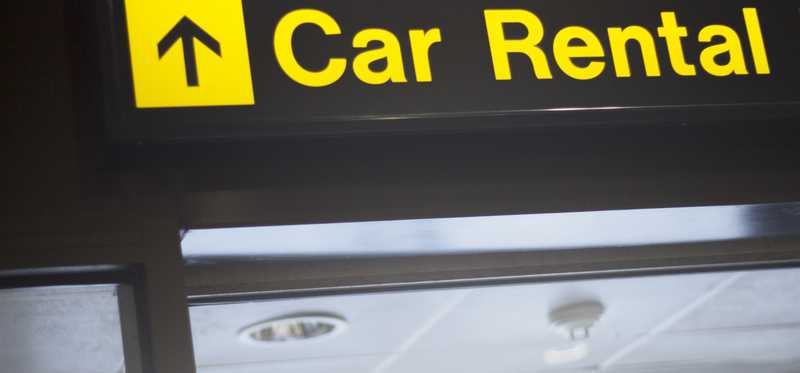
10. Take full advantage of cardholder perks
Most cards offer perks that go beyond just rewards. For example, yours might provide rental car insurance, purchase protection, or airline lounge access.
Make it a point to know what cardholder services and features are available to you so you can make full use of them and get the best value from your card.
Our credit card expert uses this card, and it could earn you $1,148 (seriously)
As long as you pay them off each month, credit cards are a no-brainer for savvy Americans. They protect against fraud far better than debit cards, help raise your credit score, and can put hundreds (or thousands!) of dollars in rewards back in your pocket each year.
But with so many cards out there, you need to choose wisely. This top-rated card offers the ability to pay 0% interest on purchases until late 2021, has some of the most generous cash back rewards we’ve ever seen (up to 5%!), and somehow still sports a $0 annual fee.
That’s why our expert – who has reviewed hundreds of cards – signed up for this one personally. Click here to get free access to our expert’s top pick.
Previous
Next

11. Read the fine print
Your agreement with your cardholder may have lots of little caveats. For example, you may be entitled to car rental insurance, but it may not apply if you travel outside the U.S. Or you may be entitled to 5% cash back on groceries, but only up to a certain spending limit.
Make sure you read the terms and conditions of your card carefully so you'll know what your rights and obligations are and so there are no surprises.
Previous
Next
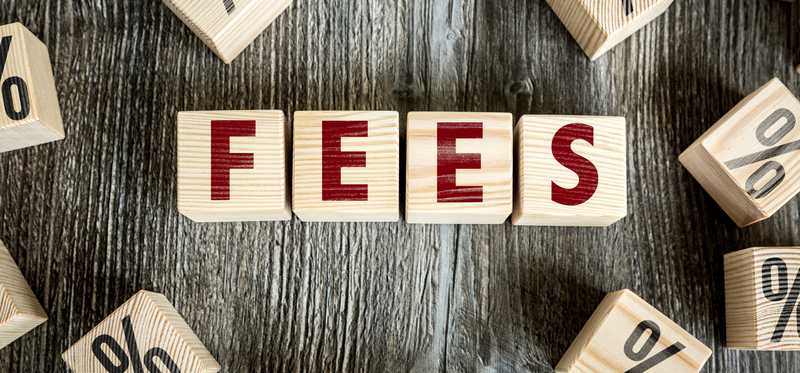
12. Only pay an annual fee if you’re confident it’s worth it
Some credit cards charge you an annual fee for being a cardmember. These can absolutely be worth paying if your card's rewards program or other perks make the card worth the money. But, sometimes you don't get enough value out of the card to make the fee worthwhile.
Carefully assess the card's cost and compare it to the perks -- making sure you're only focused on those you'll actually use.
Previous
Next

13. Always try to negotiate your annual fee
Just because your card has an annual fee doesn't necessarily mean you always have to pay it. In fact, many card companies will waive the fee if you ask them to and are a good customer who charges a lot.
It's worth making a phone call to your card issuer to request a fee waiver before the charge hits your account each year. After all, the worst that can happen is they say no.
Previous
Next
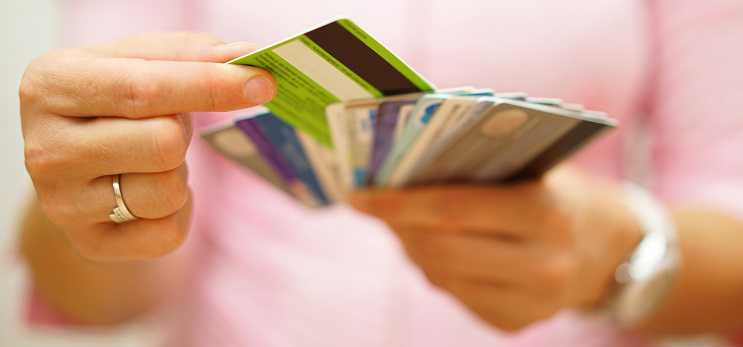
14. Don’t apply for too many new cards at one time
There's nothing wrong with having a few different credit cards that serve different purposes. But you don't want to apply for too many new ones at one time. Doing so could damage your credit score.
And some card issuers will turn you down for cards if you've opened too many recently. You could find yourself missing out on a card you really want if you opened a bunch of new accounts in a short time.
Previous
Next
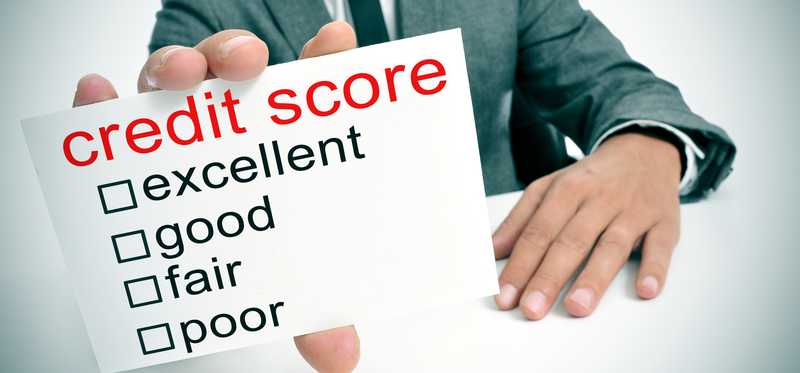
15. Avoid closing old credit cards if you don’t have to
If you have old credit cards open you don't use any more, it may seem smart to close them. But by doing so, you could actually damage your credit score.
You could lose the history of the account on your credit record, which makes your record look shorter and thus reduces your score. You'll also lose the credit available on the card, which could affect your utilization ratio since you'll now have less credit available to you.
There are times when you have to close a card, such as when it has a high annual fee that's no longer worth paying. But in most situations, definitely err on the side of keeping your accounts open.
Previous
Next
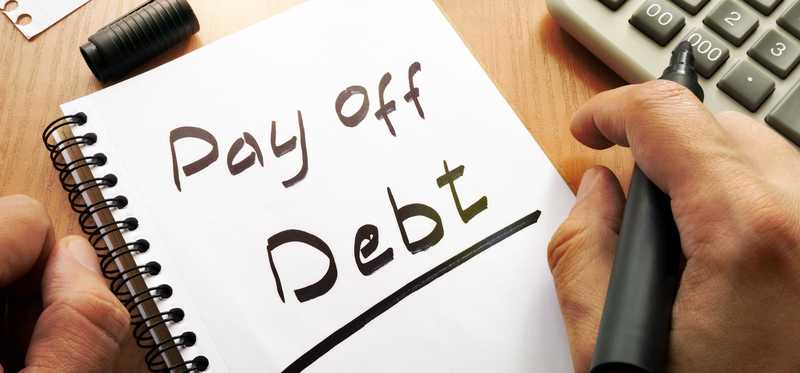
16. Use balance transfers only as part of a broader payoff plan
Balance transfers allow you to move the balance of one credit card to another one. Some balance transfer cards charge a 0% promotional interest rate on the transferred balance, which can make debt payoff affordable.
But, while balance transfers can be a great way to help repay your credit card debt while saving on interest, you have to pay a fee to transfer a balance. And if you don't pay off the card before the promotional rate ends, your interest rate will become much higher.
More importantly, balance transfers only help you repay debt if you have a plan to pay the money you moved over and not charge up your credit line again. Otherwise, you're just moving debt around and could end up even deeper in debt.
Our credit card expert uses this card, and it could earn you $1,148 (seriously)
As long as you pay them off each month, credit cards are a no-brainer for savvy Americans. They protect against fraud far better than debit cards, help raise your credit score, and can put hundreds (or thousands!) of dollars in rewards back in your pocket each year.
But with so many cards out there, you need to choose wisely. This top-rated card offers the ability to pay 0% interest on purchases until late 2021, has some of the most generous cash back rewards we’ve ever seen (up to 5%!), and somehow still sports a $0 annual fee.
That’s why our expert – who has reviewed hundreds of cards – signed up for this one personally. Click here to get free access to our expert’s top pick.
Previous
Next

17. Don’t make just anyone an authorized user
You're allowed to add authorized users to your credit card. These are people who have permission to use your card -- but no obligation to pay back the purchases they charge on it.
Adding someone as an authorized user can help them build credit if your card has a positive payment history. It can also make it convenient to share expenses with someone when you both use the same credit card account -- and you can earn extra rewards for the spending done by authorized users.
But since you're ultimately the person legally responsible for paying back the card's balance, be very careful about who you add as an authorized user.
Previous
Next

18. Check your credit card statement carefully
Each month, you'll get a summary of the charges on your credit card. Look them over carefully to make sure you were charged the correct amount for each of your purchases and that there are no charges on there that you don't recognize.
Mistakes can be made, and sometimes your card could be used without your authorization. If that happens, you want to catch it quickly -- and reviewing your statement carefully each month allows you to do that.
Previous
Next
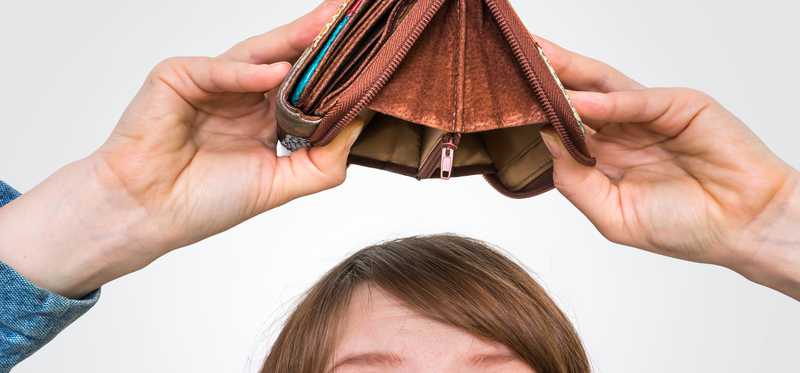
19. Report a misplaced card immediately
If you lose your credit card, let the card issuer know immediately. You aren't responsible for fraudulent charges but still have an obligation to alert the card issuer if the card is missing or stolen.
You can also get a freeze placed on the card so transactions will be declined, which can save a lot of hassle.
Previous
Next
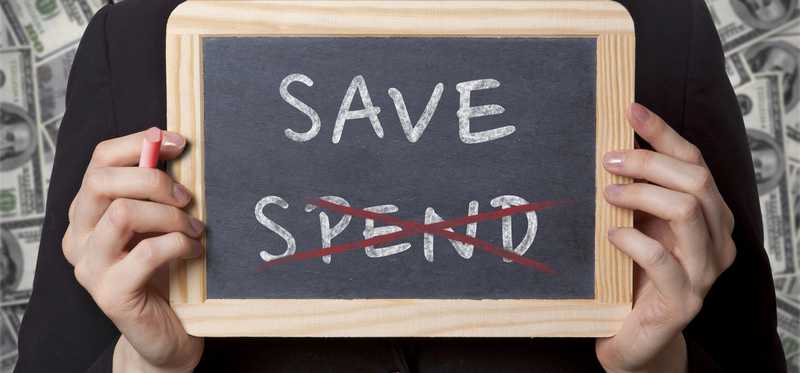
20. Don’t get a card if you aren’t confident you can use it responsibly
If you follow these rules, your credit card can be a great financial tool. Unfortunately, not everyone is able to keep their spending under control or make sure they're paying their balance off each month.
If you don't trust yourself to be responsible with card use, you could end up really regretting getting a card when you're stuck with a large balance you have to work to pay off. So make sure you're living on a budget and are confident you can make payments on time and in full before you apply for credit.
Previous
Next
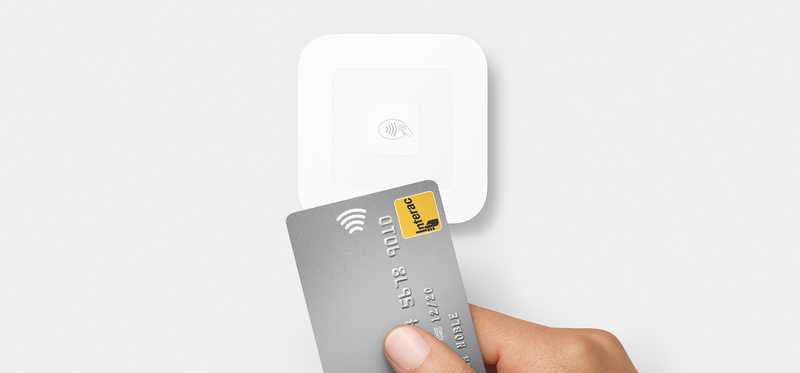
Now you know how to make the most of your card
Now you know the secrets of successful credit card use. Explore your options today for finding a great card and be sure to follow these rules whenever you use it so you can build credit, earn generous rewards, and avoid carrying a balance that could get costly.
Our credit card expert uses this card, and it could earn you $1,148 (seriously)
As long as you pay them off each month, credit cards are a no-brainer for savvy Americans. They protect against fraud far better than debit cards, help raise your credit score, and can put hundreds (or thousands!) of dollars in rewards back in your pocket each year.
But with so many cards out there, you need to choose wisely. This top-rated card offers the ability to pay 0% interest on purchases until late 2021, has some of the most generous cash back rewards we’ve ever seen (up to 5%!), and somehow still sports a $0 annual fee.
That’s why our expert – who has reviewed hundreds of cards – signed up for this one personally. Click here to get free access to our expert’s top pick.
Previous
Next
Invest Smarter with The Motley Fool
Join Over Half a Million Premium Members Receiving…
- New Stock Picks Each Month
- Detailed Analysis of Companies
- Model Portfolios
- Live Streaming During Market Hours
- And Much More
READ MORE
HOW THE MOTLEY FOOL CAN HELP YOU
-
Premium Investing Guidance
Market beating stocks from our award-winning service
-
The Daily Upside Newsletter
Investment news and high-quality insights delivered straight to your inbox
-
Get Started Investing
You can do it. Successful investing in just a few steps
-
Win at Retirement
Secrets and strategies for the post-work life you want.
-
Find a Broker
Find the right brokerage account for you.
-
Listen to our Podcasts
Hear our experts take on stocks, the market, and how to invest.
Premium Investing Services
Invest better with The Motley Fool. Get stock recommendations, portfolio guidance, and more from The Motley Fool's premium services.